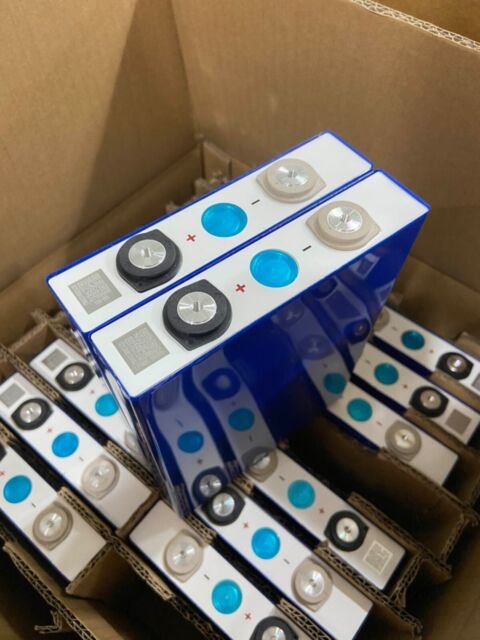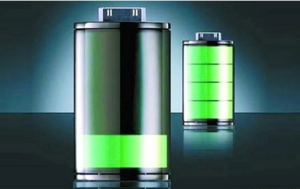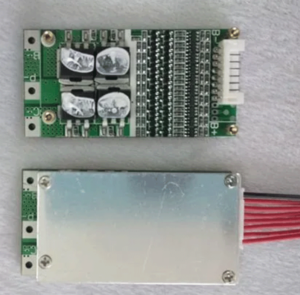Lithium battery fast charging technology and battery management system are two important aspects of lithium battery research and development.
Fast charging technology refers to making lithium batteries fully charged in a shorter time by improving charging current and voltage control strategies. Traditional lithium batteries take a long time to charge, which limits the promotion of applications such as electric vehicles. To solve this problem, researchers have proposed a variety of fast charging technologies. Among them, a common method is to use a high-power charger and optimize the battery structure to increase the charging speed. Another method is to use a fast charging algorithm to maximize the charging speed by intelligently controlling the change of charging current and voltage while ensuring the safety and life of the battery.

A battery management system (BMS) refers to a system that monitors, controls and protects lithium batteries. BMS mainly includes functions such as battery status monitoring, charge and discharge control, temperature management and fault diagnosis. Through real-time monitoring and control of the battery, the BMS can ensure that the battery operates within a safe range and maximize the life of the battery. In addition, the BMS can also realize the balanced charge and discharge of the battery to ensure that the voltage and capacity differences between the individual cells of the battery pack will not be too large. Through the application of BMS, the safety, reliability and performance of lithium batteries can be improved.
The development of fast charging technology and battery management system is of great significance to the application of lithium batteries. Fast charging technology can improve the efficiency and convenience of lithium batteries, and accelerate the promotion of electric vehicles and other fields. The battery management system can protect the safety and life of the battery, and improve the reliability and performance of the battery. Through continuous research and development and innovation, we can look forward to further breakthroughs in lithium battery fast charging technology and battery management systems, bringing more opportunities and challenges to the application of lithium batteries.
1. Fast charging technology mainly includes research and improvement in the following aspects:
(1). Charging current and voltage control strategy: Traditional lithium battery charging usually adopts two stages of constant current charging and constant voltage charging. The fast charging technology enables the battery to receive more charge in a shorter time by optimizing the control strategy of charging current and voltage. For example, using high-power chargers and optimizing battery structure can increase charging speed.
(2). Fast charging algorithm: The fast charging algorithm is an intelligent control strategy that dynamically adjusts the charging current and voltage changes to maximize the charging speed by monitoring the status and performance of the battery in real time. This algorithm is usually based on the characteristics of the battery and the kinetics of the electrochemical reactions during charging to achieve fast charging and battery safety.
(3). Design and optimization of the charger: In order to achieve fast charging, the design and optimization of the charger is also very important. A high-power charger can provide a higher charging current, resulting in faster charging. In addition, the charger also needs to have high efficiency and stability to ensure the safety and performance of the charging process.
2. The battery management system (BMS) is a system for monitoring, controlling and protecting lithium batteries, mainly including the following functions:
(1). Battery status monitoring: BMS can monitor battery parameters such as voltage, current, temperature and capacity in real time to understand the status and performance of the battery. By monitoring the battery status, the BMS can provide accurate battery information to help users understand the remaining power and usage of the battery.
(2). Charge and discharge control: BMS can control the current and voltage during charging and discharging to ensure the safety and performance of the battery. For example, during the charging process, the BMS can dynamically adjust the charging current and voltage changes according to the state and performance of the battery to avoid overcharging and overdischarging.
(3). Temperature management: BMS can monitor the temperature of the battery, and adjust the control strategy of charge and discharge current and voltage according to the temperature change. This prevents the battery from overheating and overcooling, ensuring battery safety and longevity.
(4). Fault diagnosis and protection: BMS can diagnose battery faults and take corresponding measures for protection. For example, when the battery has overcharge, overdischarge, short circuit and other faults, the BMS can cut off the charging and discharging circuit of the battery in time to avoid further damage.
Through the application of fast charging technology and battery management system, lithium batteries can achieve faster charging speed and better performance. This will further promote the development of fields such as electric vehicles and energy storage systems, bringing more convenience and sustainable energy solutions to our lives.
https://wa.me/message/CAA3L465O4QJM1
If you have more needs, please contact us!




